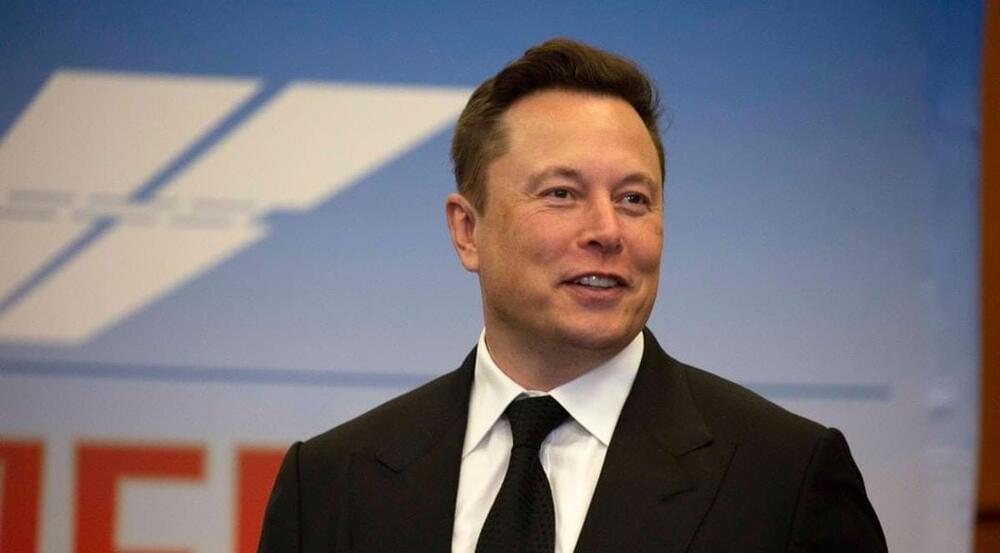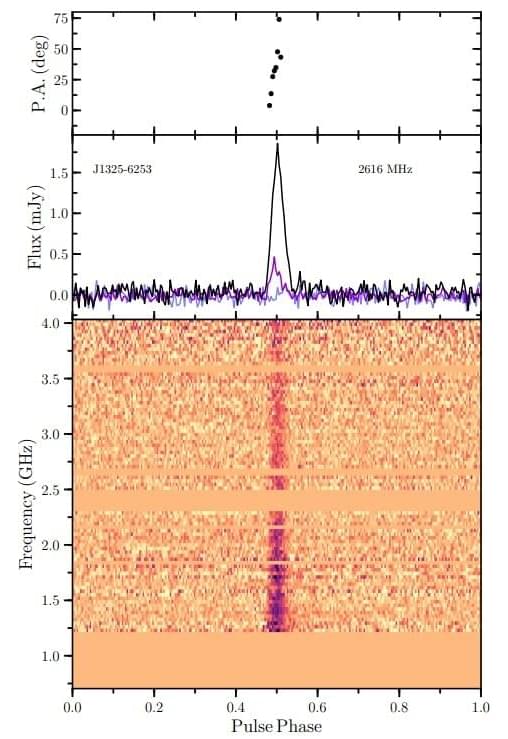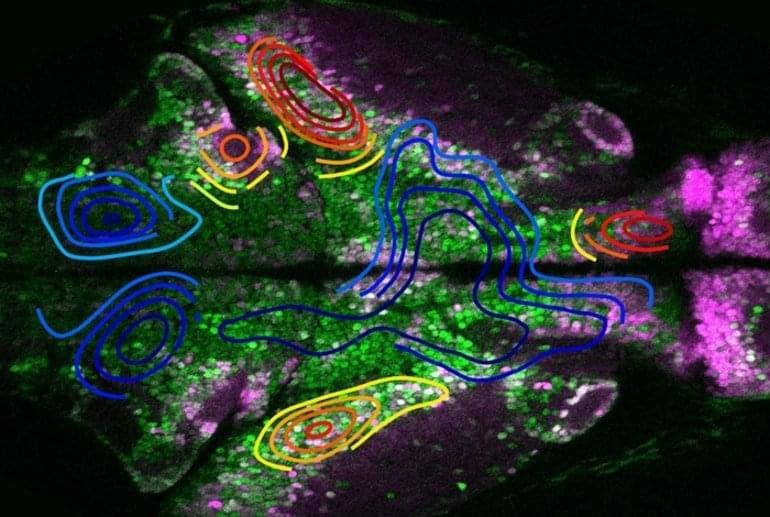Elon Musk’s SpaceX has signed its first ever deal with a major U.S. airline to provide wireless internet to passengers for free using the Starlink satellite network.
The deal with Hawaiian Airlines, which could be implemented as soon as next year, is expected to increase pressure on rival airlines to provide free Wi-Fi for passengers.
“Hawaiian doesn’t currently offer inflight Wi-Fi and has an extensive network of flights over the Pacific Ocean, serving the mainland U.S., Japan, Australia and New Zealand, among other destinations, from Hawaii,” CNBC reported. “It plans to offer Starlink connectivity on its flights out of its home state to cities throughout the mainland U.S. and to its international destinations.”






